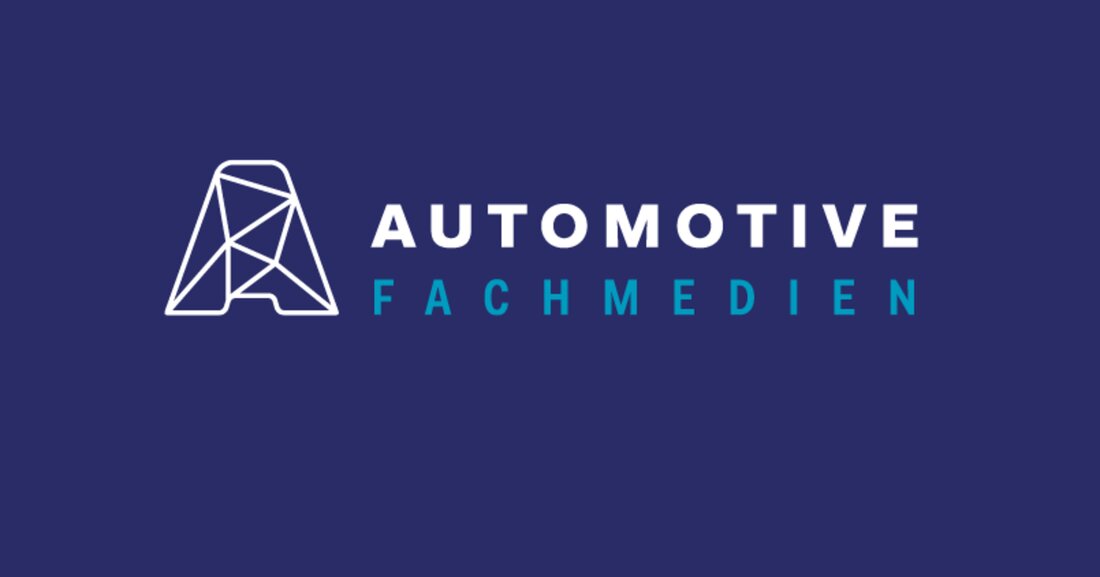Urgently searched and not found
The shortage of skilled workers has been a problem for years; the entire automotive industry is looking for new employees. We asked two frontline business owners how acute the situation really is and what is most likely to help. There is enough work. A steep thesis, but if we believe our interview partners, there is hardly anyone who doesn't groan about the massive shortage of skilled workers.

Urgently searched and not found
DANIEL FEICHTLfrom Steyr (see also page 44), for example, tells us quite openly: "I'm glad that I have the people I have today. Finding good employees is extremely difficult." The young business owner appreciates his employees and ensures an open, relaxed - as he puts it - even friendly atmosphere. "We always do something together in our free time. You have to bind your employees to you and the company. Both in order to achieve better performance, but also so that they stay with you." Open words from the boss. Feichtl has the problem of medium-sized companies: "Here in Steyr there are companies like MAN and BMW that lure potential employees with very good salaries. I can't keep up with that. So you have to come up with something else. I strive for a relaxed, employee-friendly atmosphere, good working conditions and of course a corresponding salary." How does he even get to people? "Mostly through my personal network. He knows someone who knows someone... that's how it works in everyday life." Feichtl also trains apprentices. He also says that there are fewer and fewer talented young people applying, but "everyone has to do trial days with us. If the attitude, interest and skills are right, I'm happy to try it. Because the best employees are those you train yourself."
ROLAND GREDINGERhas around 50 employees at two locations. In Vienna he runs Flottenservice GmbH with a focus on commercial customers and fleet drivers. The painting operation is designed for throughput. Skilled workers are in short supply. "How acute? On a scale of one to ten: seven. It's still just fine, but it's hard to get good people," said the business owner. Gredinger also relies on word of mouth and his network when recruiting. “Posting job advertisements doesn’t bring nearly as much as personal contacts.” He also sees apprenticeship training as the theoretically best option. "The problem is: The shortage of skilled workers is also a shortage of apprentices. We have to search for a long time until we find someone with the right skills, training, thirst for knowledge and attitude." In order to maintain the quality of employees despite the lack of young talent, companies have to work intensively: "You have to make sure that the working atmosphere is right and that the employees are motivated. There is no other way, otherwise they will leave." Money is of course an incentive. "The collective agreement is no longer a yardstick when it comes to salary levels. Overpayment is mandatory, otherwise you won't get anyone." Gredinger attributes the constantly slight increase in employee salaries primarily to the strong competition in the market. "Classic market economy: supply and demand determine the price. Supply is low, demand is high. As a result, skilled workers earn more and more." On the one hand, Roland Gredinger welcomes the trend, as craftsmanship has always had a golden foundation. On the other hand, we have to start with the next generation and make parents of potential apprentices understand that it doesn't always have to be a high school diploma and university studies in order to be successful afterwards. “I’m not sure whether today, over a lifetime, an academic necessarily earns more than a talented, skilled craftsman.”

 Suche
Suche
 Mein Konto
Mein Konto